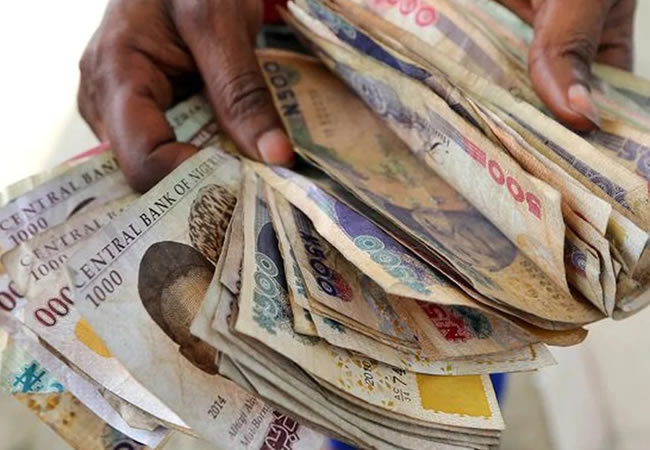Money market rates climbed sharply due to a liquidity shortfall in the financial system. Short-term benchmark rates continued to rise following substantial outflows from recent primary auction sales. The banking sector’s liquidity deficit widened by 37%, with a starting negative balance of ₦219.69 billion, according to TrustBanc Capital Limited.
Due to this low liquidity, deposit money banks increasingly turned to the Central Bank of Nigeria’s (CBN) standing lending facility, though borrowing costs remain elevated at 31.75%, reflecting a recent hike in Nigeria’s monetary policy rate. The rate adjustment has increased borrowing costs for both short- and long-term loans and is also impacting fixed-interest securities in the money market.
MarketForces Africa reported that CBN’s recent cash reserve debits have further strained liquidity in local banks, a measure taken as part of regulatory efforts. Analysts noted that some larger banks are demanding higher rates from smaller banks facing liquidity constraints.
On Wednesday, the Nigerian Interbank Offered Rate (NIBOR) declined across most maturities, except for the Overnight NIBOR, which rose by 0.16% to 32.58%, per Cowry Asset Limited. The Open Repo Rate (OPR) and Overnight Lending Rate (O/N) also dipped by 0.10% and 0.12%, closing at 31.93% and 32.48%, respectively, as the liquidity shortage persisted.













